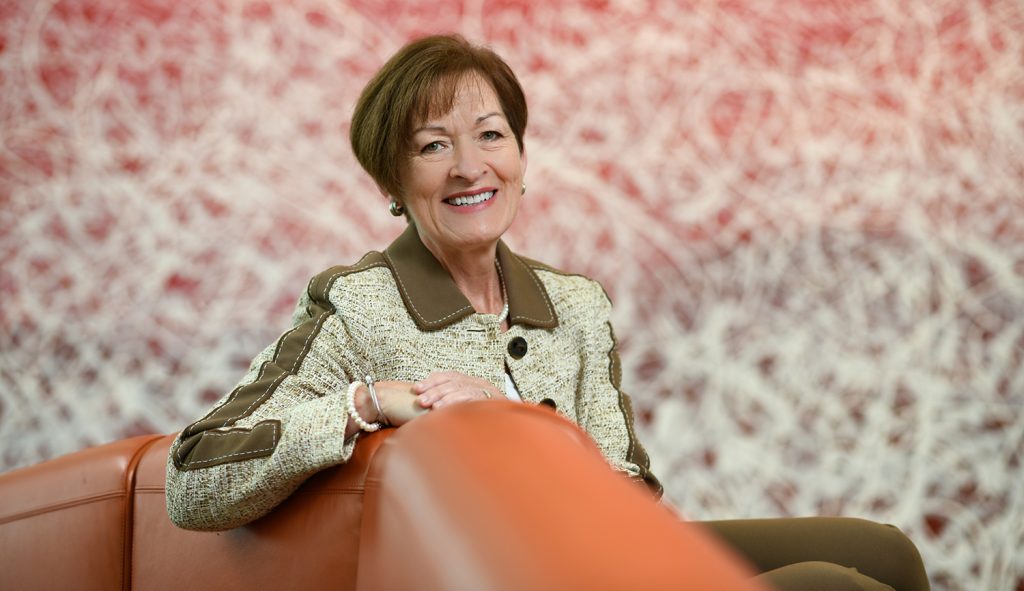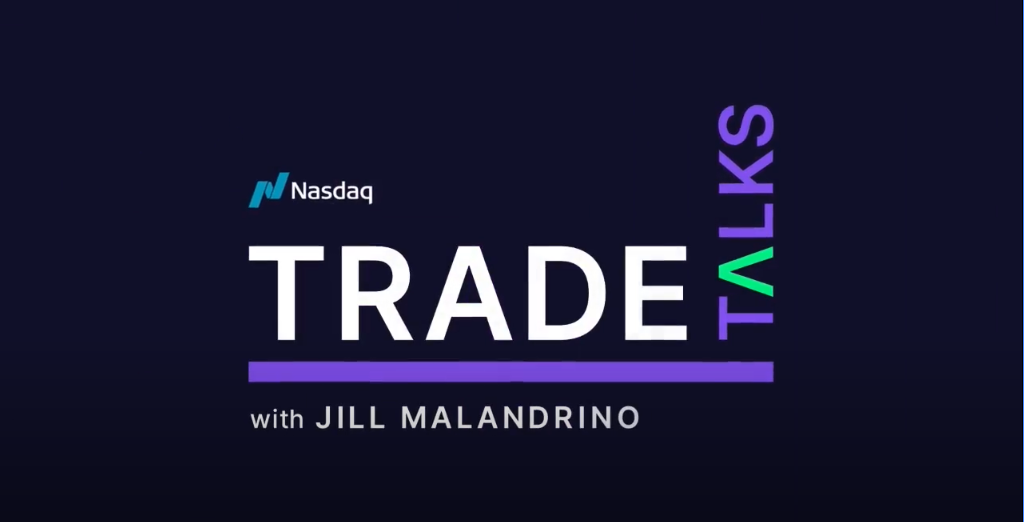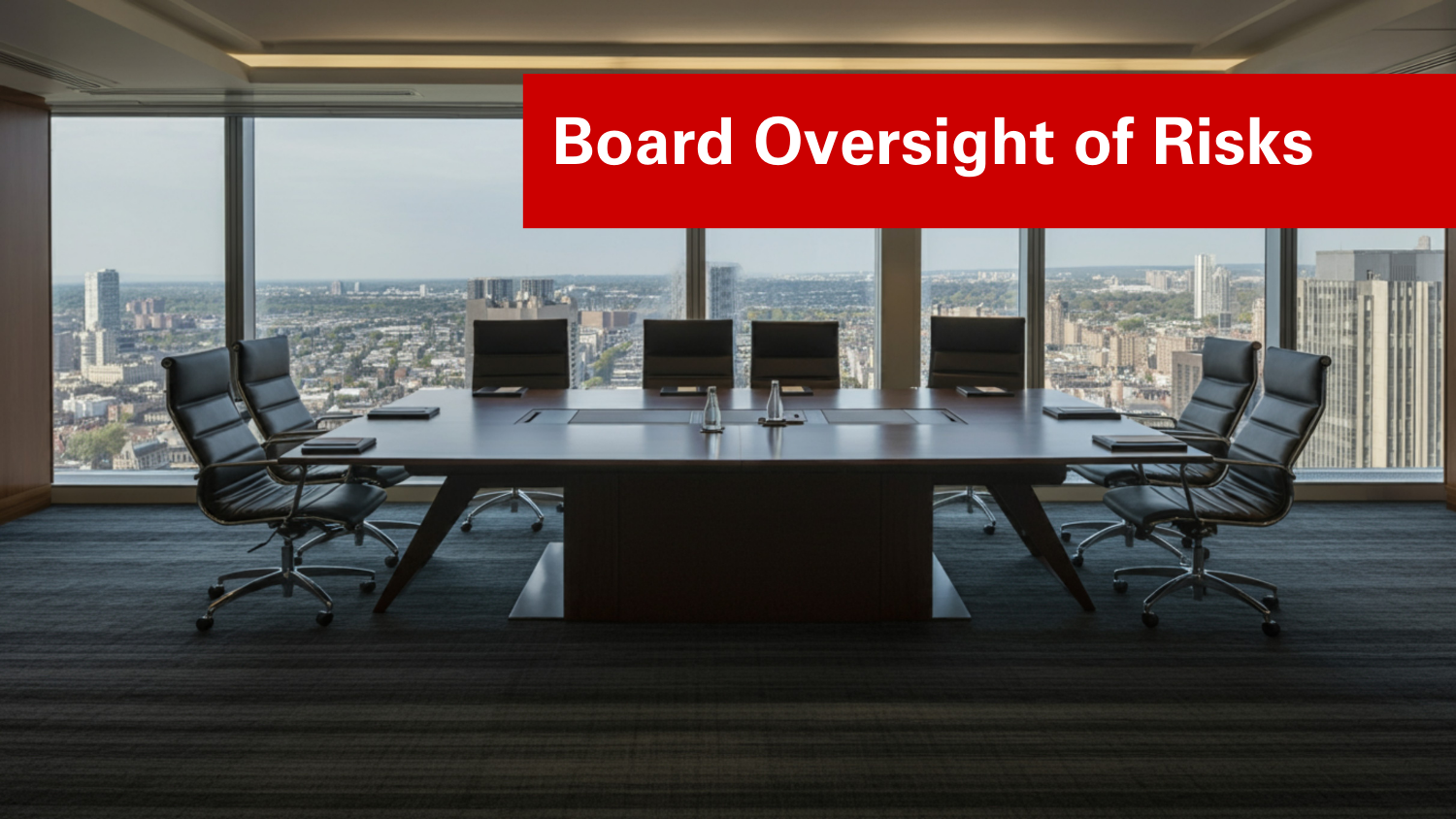In the Mind of Today’s CEO
Constantly evolving economic, social, and political environments have kept businesses across the globe extremely busy and fighting to remain relevant, especially their CEOs. This year’s Annual Global CEO Survey conducted by PwC assessed what is really on the minds of various CEOs across the globe in today’s ever-changing environment. Upon completion of this year’s volume, PwC was able to specify two key trends that have placed increased pressure on CEOs: globalization and technological advances.
Competing in an Age of Divergence
While there is increased communication and collaboration between countries and industries, CEOs believe that with greater convergence comes greater divergence. The survey respondents indicated that a world of differing beliefs, laws, and banking systems would prevail, and events such as the 2016 US election as well as the UK referendum on EU membership proved them right by demonstrating the overall public discontent over income inequality and job losses. Furthermore, 44% of CEOs stated that globalization has made no difference in levelling these playing fields. Digital connectivity has linked the world as closely together as it has ever been. Some countries are reaching out for resources while others are reaching out to collaborate on issues such as security and the environment. This has ultimately made for a more complex world.
Globalization and technology have demanded a new style of leadership to manage these heightened anxieties. In order to succeed, CEOs must accurately navigate technology while preserving the human touch. The competitive advantage will ultimately go to those with the greatest capacity to build relationships built on trust. For this reason, transparency has become a key consideration for how business leaders engage with their stakeholders because it enables them to fully grasp the ethical implications of their decisions and actions.
CEOs are now looking towards a broader mix of countries for expansion opportunities than they were twenty years ago. Currently, these countries consist of the United States, China, Germany and the United Kingdom at the top of their radar screens. This broader mix of countries stems from the opportunity-risk profiles of varying nations becoming more distinctive and changeable which has created additional demands on existing growth strategies. Furthermore, these expansion opportunities have given CEOs a surge of optimism. According to PwC’s survey, 51% of CEOs are positive about the longer-term prospects for revenue growth. This age of uncertainty demonstrated through new regulations and speed of technological change has urged executives to seize the opportunities that uncertainty brings. Innovation and digital capabilities have surged to the top priorities of CEOs.
Standing at the Crossroads
Environments are constantly evolving and CEOs are having to evolve with them. PwC assessed their views on three key issues that have risen in society: managing man and machine, gaining connectivity without losing trust, and making globalization work for all.
Managing Man and Machine
Globalization has generated an increased sense of fear that technology could negatively impact the employment sector. In 2019, they are anticipating over 2.6 million robots to be working within industries. Although employees are rightfully concerned that their positions will get replaced with automated machines or processes, CEOs have a different outlook on this. Only 16% of CEOs plan to cut their company headcounts within the next 12 months while 52% actually plan to hire additional employees during this time. They are in need of talent such as soft skills that cannot be replicated by automated processes. These skills are necessary to stimulate innovation which CEOs are reaching for in order to capitalize on new opportunities. It is the value of marrying technology with human capabilities that is so appealing to CEOs. Retaining the human element in a virtual world will be a prerequisite for future success.
Gaining Connectivity without Losing Trust
As our interaction and communication become more automated and virtual, the human factor is receding in business. Fifty-eight percent of CEOs fear technology will increase public mistrust and hinder corporate revenue growth. Social media is a huge factor to this increased public mistrust; CEOs are nervous about the negative impact that social media will have on the company’s reputation. Additionally, with the vast amount of data that companies are now collecting and retaining, the public is anxious of private information getting into the wrong hands. CEOs at the largest organizations are the ones most actively dealing with these technological impacts.
Making Globalization Work for All
CEOs are prioritizing growth above all which entails working with others to drive wider changes and ensure a fairer distribution of benefits to be gained from globalization. Globalization has freed up cash flows and goods, facilitated universal connectivity, and created a skilled workplace. In order for these benefits to spread to the public, corporations must work more closely with governments. Collaborating with the government will hopefully shrink the gap between the rich and poor. Ignoring this gap will place enormous pressure on the capitalist system from the working population. Furthermore, businesses that ignore the power of the people will jeopardize the growth that they ultimately seek.
Being at the top of the food chain, CEOs have to oversee and maintain all aspects of a corporation and its future. Every year, new and emerging trends appear that the CEO has to add onto his or her plate of possible risk exposures. Globalization and technological advances are nowhere close to settling down, so it is vital that CEOs and other executives are constantly discussing them and their impacts on their businesses, industries, and global economies as a whole.
Original Source Article: “20 Years Inside the Mind of the CEO,” PwC, January 2017
- Categories:
- Types:


